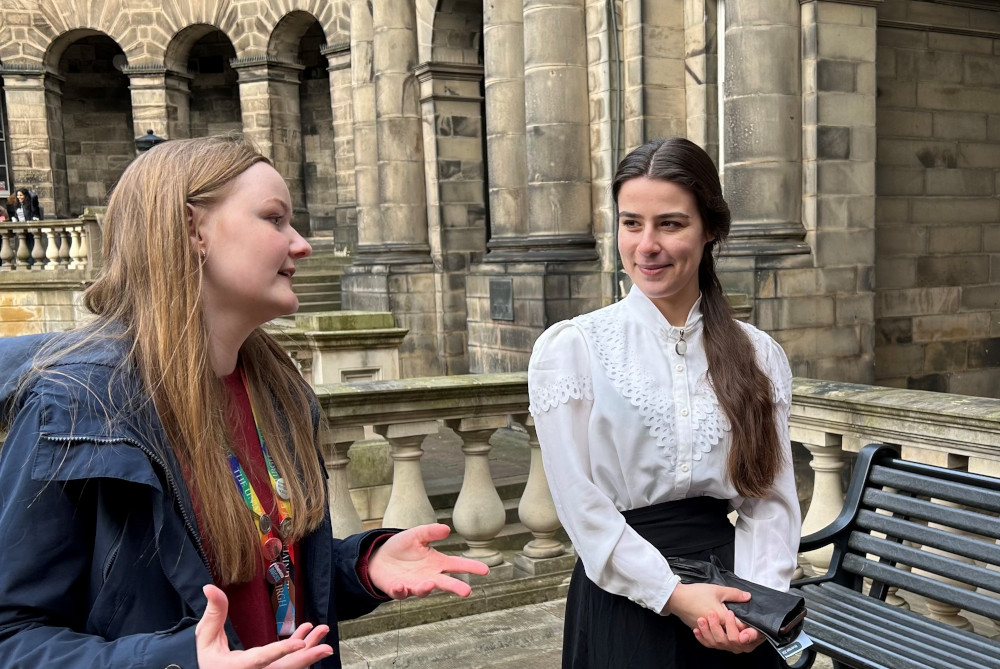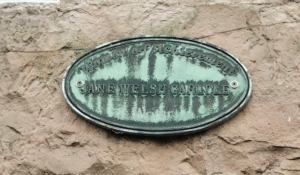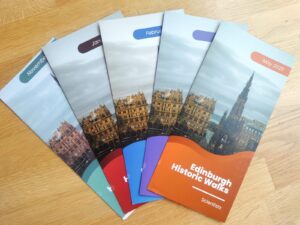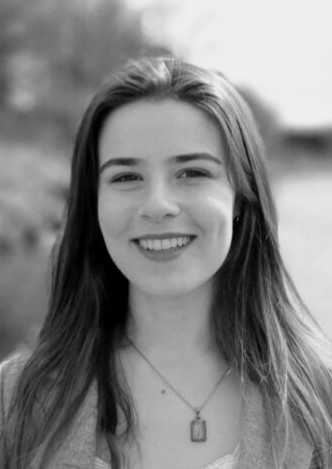
In this post, Katherine Scott and Katie Grieve showcase their Edinburgh Historic Walks project. They organised monthly heritage walks around the City of Edinburgh to raise awareness of underrepresented people and events that have shaped history but not been visibly recognised. This post belongs to the Student Partnership Agreement 2025 series.
The University plays a powerful role in shaping cultural memory by deciding what – and whom – to commemorate, and how. These choices influence what future generations remember or forget, with elements as simple as the presence, absence, or quality of plaques and digital archives affecting whether stories endure or disappear.
Memory does not form in a vacuum; it shapes our collective identity. When the histories of marginalised communities are overlooked, our understanding of the past becomes distorted, reinforcing systemic inequalities. This project examined how such dynamics play out at the University of Edinburgh and across the city. We found a striking disparity in how different groups are commemorated – especially when comparing the recognition afforded to white men with that of women, people of colour, LGBTQ+ individuals and other underrepresented communities. The condition, visibility, or total absence of plaques, along with limited representation on the University’s website, reflect a broader pattern of erasure.

The remarkable contributions of these individuals have too often been ignored. Our aim was to challenge this historical neglect, raise awareness, and honour the immense debt Edinburgh owes to these resilient and pioneering communities. By recovering and recognising these lost narratives, we take a vital step toward building a more inclusive and equitable society.
Edinburgh Historic Walks
Edinburgh Historic Walks was devised by history student, Katherine Scott, with the aim of recovering these untold stories through community engagement with staff and students. Katherine, along with Data and Equality Officer, Katie, facilitated monthly heritage walks, each with a different theme. There were six lunchtime walks run as part of the project, highlighting histories of marginalised scientists, writers, activists, and educators, as well as a Pride month feature on queer desire and sex work in 19th century Edinburgh. Researching these histories involved meticulous interrogation of archive material, pouring over old maps of Edinburgh, and sleuthing the maze of Old Town to find commemorative plaques and statues.
Each walk was advertised through a wide variety of avenues, through staff and student newsletters, posters and digital signage on campus, events apps and Teams channels. Nearly every walk was fully booked, although attendance did vary depending on the highly unpredictable Scottish weather.
In a large institution like the University of Edinburgh, a sense of belonging and community can be difficult to achieve. These walks provided an opportunity for staff and students to create this community, and network with a diverse group of people brought together by an interest to learn more about the city.
Reflection and next steps
The walks received brilliant feedback from attendees, with many asking for the project to continue. There were definitely some challenges along the way – navigating windy weather, loud bagpipes, graduation ceremonies and Edinburgh tourism – but the conversations sparked by the walks were exactly what the project set out to do, with attendees engaging with both each other and the city’s extensive history.

Monthly blog posts on the histories featured in the walks were written and shared on the ISG Equality, Diversity and Inclusion blog.
“This was a really enjoyable and interesting event, thanks Katie and Katherine!”
“Brilliant idea! Really enjoyed the walk and the talks.”
“Thanks both for that brilliant walk – you’re amazing guides! It was really interesting, funny and just really, really cool that you organised it.”
Since the tours concluded, the University’s Wikimedian in Residence has encouraged and facilitated lots of the research being added to Wikipedia, a resource in which women and minorities are historically underrepresented. The Information Services Group also commissioned a booklet summarising the histories, which will be shared at ISG’s Ada Lovelace Day event. These opportunities allow the research undertaken in the project to exist not only in the collective memory of the attendees, but also in a tangible way, through published, sharable, open-access resources.
Thank you to all the participants who attended the walks, both for your lively and engaging conversations, and for coming along (even in bad weather)! Thank you to the Student Partnership Agreement for funding the walks, and to colleagues in the Information Services Group for funding the booklet and providing the opportunity to add the research to Wikipedia. University of Edinburgh staff can read more about the histories in each walk on the ISG EDI blog:
 Katherine Scott
Katherine Scott
Katherine is a History graduate from the University of Edinburgh, and is passionate about equality, diversity and inclusion. As a long-time Girlguiding volunteer, she is a qualified Peer Educator delivering workshops to young people on tackling gender stereotypes, and is part of the delivery team for Girlguiding’s Transformational Leadership Project, a one-year pilot focused on upskilling and empowering 18–30 year-olds. She recently represented Girlguiding at the WAGGGS Young Women’s Leadership and Impact Forum in London, contributing to global conversations on leadership and gender equality.
 Katie Grieve
Katie Grieve
During the length of the project, Katie was the Data and Equality Officer for the Information Services Group. A mathematics graduate from the University of Edinburgh, she used data science techniques to interpret demographic and service user data, to better understand the experiences of diverse groups of staff and students. Katie also helped organise various equality diversity and inclusion events, encouraging staff involvement in EDI and organisational development. In October, she began a PhD in Data Visualisation.


